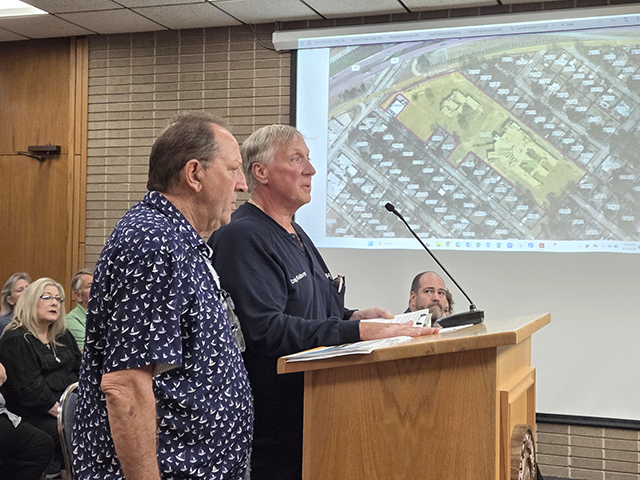EDITORIAL — Progress: Our look within local treasures
Published 11:00 am Saturday, April 27, 2019
Four weeks of our special Progress reports, released on consecutive Weekend editions — the theme has been Plants, Ports and Pipelines — have confirmed the challenges and opportunities of living in an oil and gas environment. That’s Southeast Texas for you.
In four, 12-page special sections, we’ve offered a local history of energy production, the challenges of training and retaining an adept workforce, the opportunities and components along a robust ship channel and a peek into the future. We hope you have journeyed with us.
It’s futile to howl against an energy economy, especially in this region. Oil and gas is the lifeline in Southeast Texas; it has provided us, within a global economy, a reason to be. That started with the gusher at Spindletop and establishment of ancient refineries in 1901 and 1903. It continued with the creation of products related to oil, including the development of petrochemicals and the more come-lately production of liquefied natural gas.
How core is oil and gas to our existence? The question might be considered by the existence of 3,500 miles of pipelines under Jefferson County. We are all near a pipeline.
It might be considered by the 600,000 barrels of oil produced at Motiva, the largest refinery in North America, or by hefty production at Valero Refinery or ExxonMobil or others. When it comes to refined products, we are vital to the industry.
Consider our importance, too, to the nation. The Port of Port Arthur handled 4 million tons of cargo in 2018, much of that related to energy exports. In fact, exports that leave our shores by way of the Sabine Neches Waterway help our efforts to balance our trade with the world.
And the importance of our ports will continue to expand with the deepening of our ship channel.
That prowess does not come without challenges. That includes the challenge to develop a workforce not only of engineers but also of welders and process operators and instrument technicians — and environmentalists. We need people who can build scaffolding, load cargo, navigate waters and guide massive tankers, manage ports and sail the oceans. And we need people who can lend service to those workers to help them accomplish their invaluable missions, including the Coast Guard and others who inspect and protect our waterways and shores and all their related businesses.
The energy industry and those who support it locally are composed of proud local people who hold a valuable place in our local, state and global economy. They are important; their missions matter not only to our community, state, nation and world but also to their families for whom they toil daily.
We salute people who make Southeast Texas economically robust. We encourage young people to explore the opportunities that abound here.





